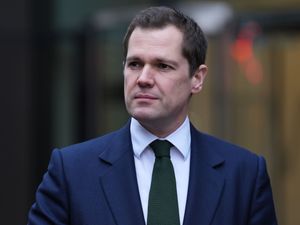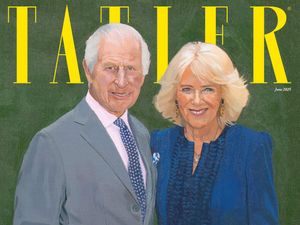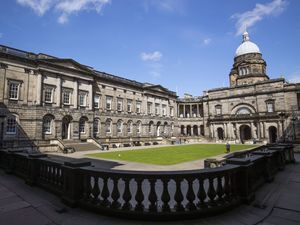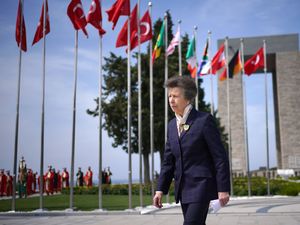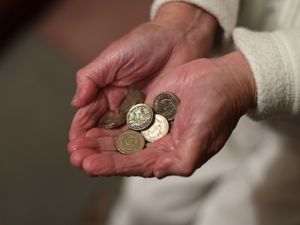Starmer to join European crisis talks after Trump’s push for Ukraine deal
Sir Keir Starmer will engage in intensive diplomacy over the coming weeks with meetings in Europe and talks with Donald Trump in Washington.
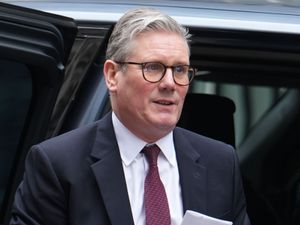
Sir Keir Starmer is poised to join European leaders at an emergency summit on Monday, as they consider how to respond to US President Donald Trump’s push for an end to the Ukraine war.
The Prime Minister, who is to visit Washington later in February, hopes to act as a bridge between Europe and the US after the transatlantic relationship was strained by Mr Trump’s decision to speak to Russian President Vladimir Putin and begin the search for a Ukraine deal.
France’s President Emmanuel Macron is expected to gather European counterparts and Nato secretary general Mark Rutte for the crisis talks.
Mr Trump’s special envoy for Russia and Ukraine suggested on Saturday that European leaders would be sidelined from negotiations on a peace deal, heightening concerns on the continent about the possible appeasement of Mr Putin.
Ukraine’s President Volodymyr Zelensky has suggested a new European army might be needed in future if the US cannot be relied on to guarantee the security of the continent.
The diplomatic initiative by Mr Macron on Monday has yet to be formally confirmed but the Prime Minister said he would work to “keep the US and Europe together”.
Sir Keir is expected to take the messages from the meeting to Washington the following week when he meets President Trump.
A further meeting of European leaders, including Mr Zelensky, is likely when Sir Keir returns from his US trip.
The Prime Minister said: “This is a once-in-a-generation moment for our national security where we engage with the reality of the world today and the threat we face from Russia.
“It’s clear Europe must take on a greater role in Nato as we work with the United States to secure Ukraine’s future and face down the threat we face from Russia.
“The UK will work to ensure we keep the US and Europe together. We cannot allow any divisions in the alliance to distract from the external enemies we face.”
The prospect of Mr Macron convening a meeting of European leaders emerged during a dramatic day at the Munich Security Conference, where diplomats and politicians from around the world had gathered.
In his keynote speech, Mr Zelensky said “we can’t rule out the possibility that America might say no to Europe on issues that threaten it”.
Mr Zelensky said: “A few days ago, President Trump told me about his conversation with Putin. Not once did he mention that America needs Europe at the table. That says a lot.
“The old days are over when America supported Europe just because it always had.”
He said the “time has come, the armed forces of Europe must be created”.
Washington has suggested Nato membership for Ukraine could be off the table and Mr Zelensky will have to cede territory to Russia as part of any deal to end the war.
US officials and Russian counterparts are expected to hold talks in Saudi Arabia ahead of an anticipated meeting between Mr Trump and Mr Putin.
Mr Zelensky said: “Ukraine will never accept deals made behind our backs without our involvement.”
Mr Trump’s special envoy for Ukraine and Russia, Keith Kellogg, said European leaders will not have a place at the negotiating table in a discussion to end the Ukraine war, despite the fact that European forces are likely to play a major role in securing any peace deal.
Retired general Mr Kellogg said the negotiations would be between Russia and Ukraine, with Mr Trump acting as mediator – but Europe would still be able to have an input.
“To think that he’s going to do this alone is wrong, we never said that,” Mr Kellogg told the Munich Security Conference.
Foreign Secretary David Lammy urged European nations to do more to support Ukraine, saying the financial cost of failure would be “considerably more” than extra spending to support Kyiv.
And Mr Rutte said European nations “have to spend more” on their own defence.

